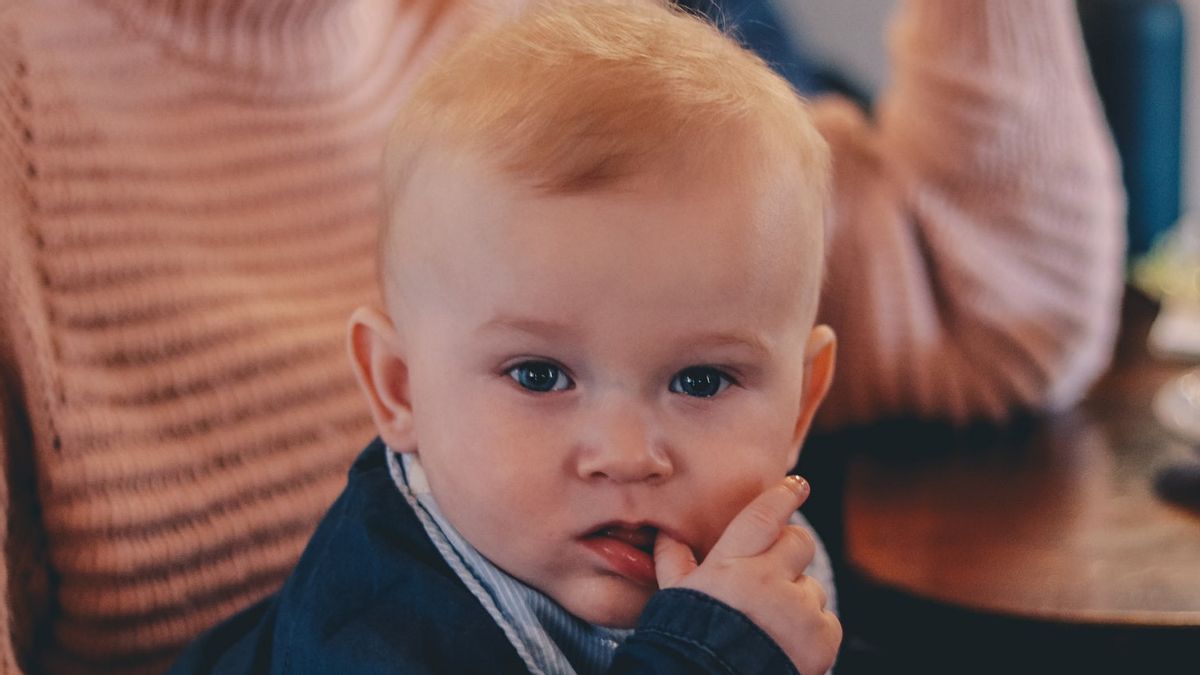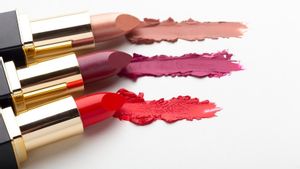JAKARTA – The stages of psychosexual development are often associated with mental disorders and a child's ability to resolve conflicts. Theories about psychosexuality originated with Sigmund Freud in the early 1900s.
Psychosexual in Freud's view, reported by Healthline, Thursday, November 25, is a way to understand and explain mental and emotional disorders. According to psychotherapist Dana Dorfman, Ph.D., the psychosexual phase essentially describes a child's ability to resolve a conflict, whether they can move on to the next stage or not.
Citing a journal Freud Developmental Theory written by Sarah E. Lantz, Arkansas College of Osteopathic Medicine and Sagarika Ray, Nassau University Medical Center, East Meadow, New York, the stage of psychosexual development is one attempt to bring psychology under a scientific and methodological structure. medical. The union of these two fields is used to define human sexual development normatively.
According to Freud, psychosexual maturation is gradually built up through 5 phases. Each stage represents the concentration of libido or instinct on a different area of the body. Normatively, to become an adult one 'must' go through phases in sequence.
Well, when the libidinal urge is suppressed or cannot be released appropriately, the child is not satisfied. Freud identified dissatisfaction as an excessive fixation or feeling of being attached or centered on something. The following are the stages of psychosexual development in children according to their age.
1. Oral stageAt 0-1 years old, the oral stage is the pleasure center for newborns. An infant's earliest attachment is to a person who provides for his or her oral needs, for example by suckling and sucking fingers.

Toilet training at the age of 1-3 years is a challenging task during the anal stage of a child. From the pleasure stage of putting into the mouth at the oral stage to the anal stage, the process is the opposite.
Teaching children to have proper intentions needs to be done by parents. It turns out that strict and harsh toilet training causes adults to be perfectionists, obsess over cleanliness, and control.
3. Phallic stage or phallic stageThis stage is considered the most controversial, because this stage at the age of 3-6 years, is the stage where children begin to experience pleasure related to their genitals. At this stage, children need to be introduced to their reproductive parts, such as the penis in males and the vagina in females.
4. Latent stage at the age of 6-12 yearsAt this age, children begin to act on their indirect impulses such as school, sports, and relationships. Dysfunction at this stage results in the child's inability to form healthy relationships as adults.
5. Genital stage at the age of 13-18 yearsThe child's ego is fully developed during this stage. They then become independent for several things, including the maturity of the reproductive organs, to create meaningful, lasting, and real relationships.
The desire for sexual activity also develops in this phase. If they experience dysfunction during this period, they will not be able to develop healthy and meaningful relationships.
The English, Chinese, Japanese, Arabic, and French versions are automatically generated by the AI. So there may still be inaccuracies in translating, please always see Indonesian as our main language. (system supported by DigitalSiber.id)













